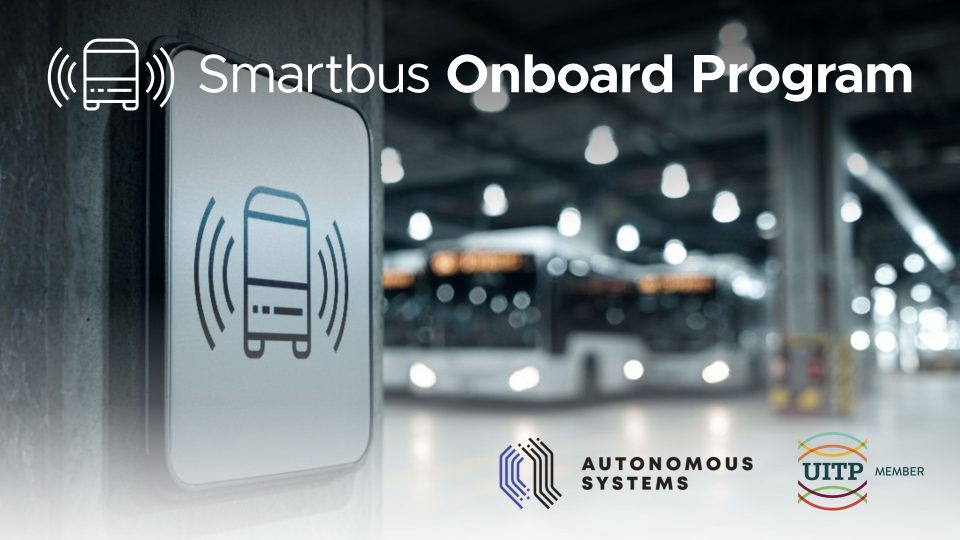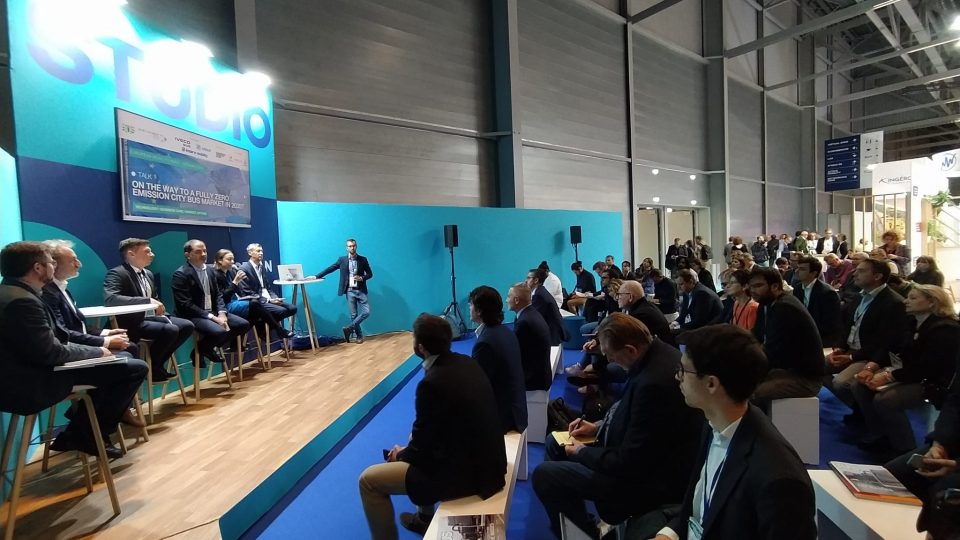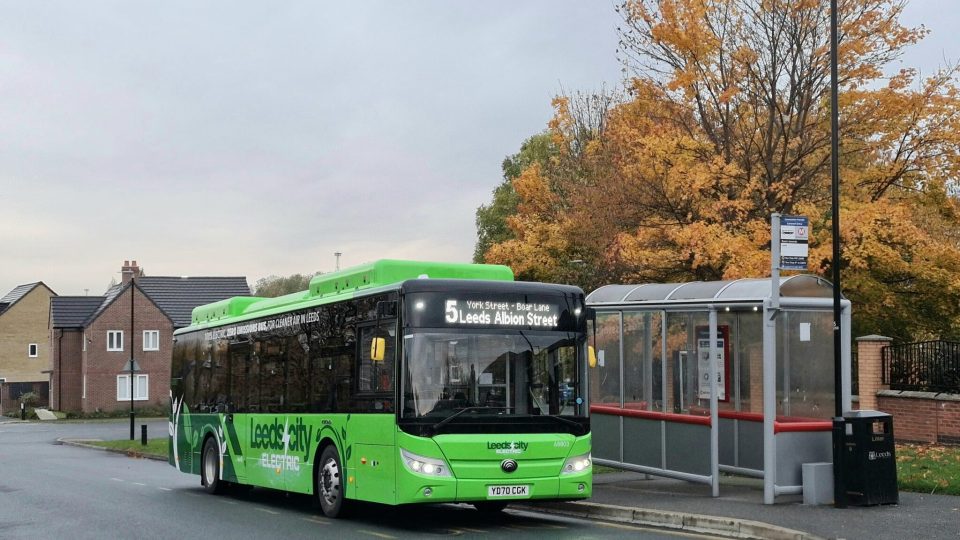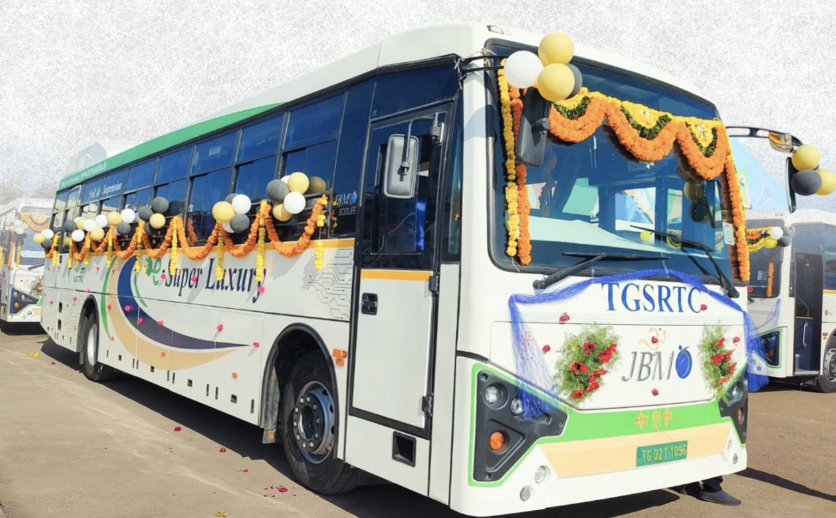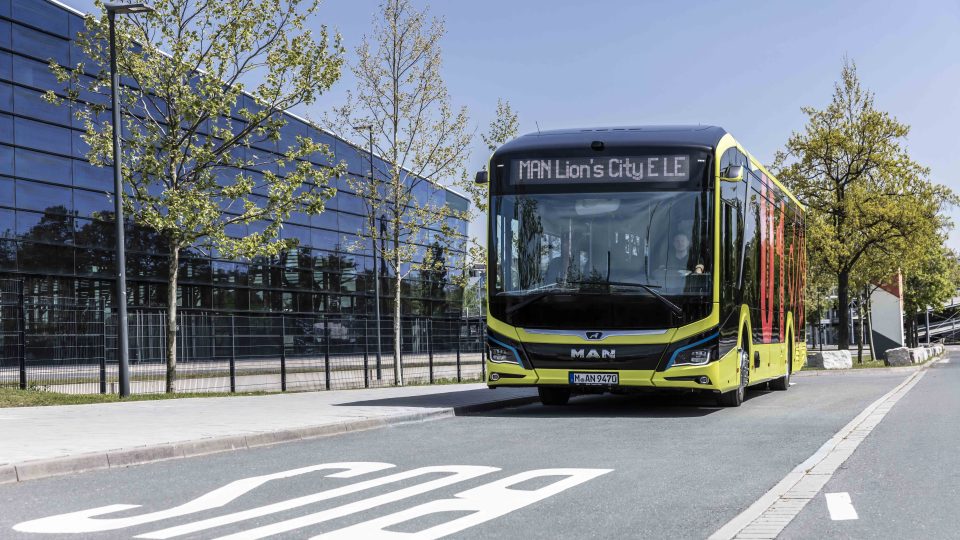Cologne expands electric bus fleet landing an order for 78 Irizar e-mobility vehicles
Kölner Verkehrs-Betriebe (KVB) has placed an order for 78 electric buses with Jebsen & Jessen e-Mobility, representing the Spanish manufacturer Irizar e-mobility in the DACH area. The procurement includes 38 articulated buses and 40 standard buses, making it the largest single bus order in the company’s history. First deliveries are scheduled for October 2026, KVB […]
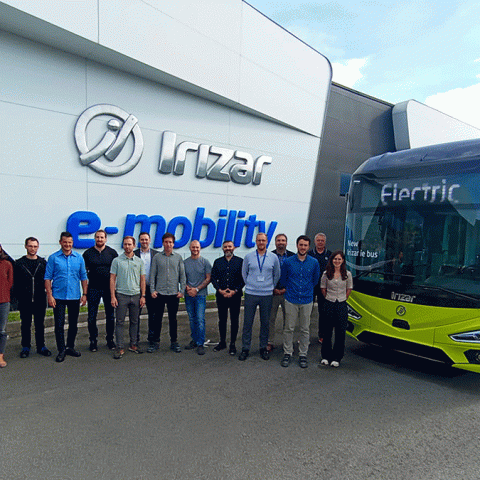
Kölner Verkehrs-Betriebe (KVB) has placed an order for 78 electric buses with Jebsen & Jessen e-Mobility, representing the Spanish manufacturer Irizar e-mobility in the DACH area. The procurement includes 38 articulated buses and 40 standard buses, making it the largest single bus order in the company’s history. First deliveries are scheduled for October 2026, KVB states in a press note.
With this addition, KVB’s electric fleet will comprise two brands: the 118 VDL buses already in operation (the latest order with the Dutch manufacturer dates back to 2021) and the newly ordered 78 Irizar buses. The company thus mirrors its former diesel-era strategy, when both MAN and Mercedes were part of the fleet, as KVB says. Once the vehicles enter service, nearly two-thirds of KVB’s own bus fleet will be electric. When including subcontractor vehicles, the share of zero-emission buses in the overall KVB network will approach 50 percent.
In March 2024 KVB inaugurated its new Porz electric bus depot, with room for over 100 e-buses.
Irizar electric buses for Cologne
The partnership of Irizar with Jebsen & Jessen e-Mobility, extends beyond delivery to after-sales support, KVB underlines. The dedicated service team for KVB is based in Essen and will work alongside the operator’s experts during fleet introduction.
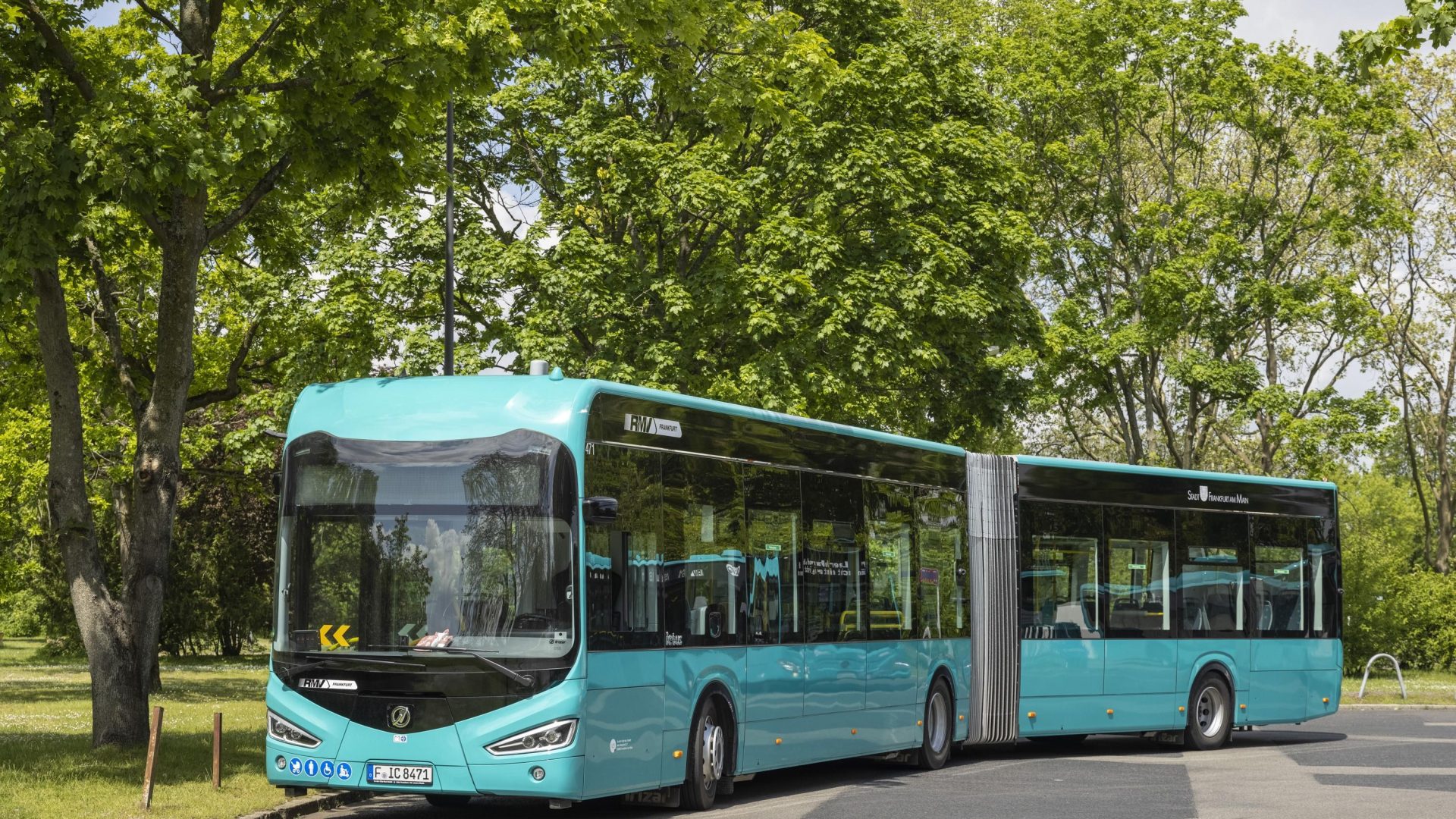
The order follows a Europe-wide tender procedure conducted between September 2024 and September 2025, with eight manufacturers submitting bids. The acquisition is supported by the state of North Rhine-Westphalia, which covers 60 percent of the additional cost of electric buses compared to diesel vehicles under §13 of the state’s public transport law.
The new articulated buses measure 18.2 meters in length, while the standard versions are 12.16 meters. Both share a width of 2.55 meters and a height of 3.4 meters. With unladen weights of under 21 tonnes (articulated) and around 14.5 tonnes (standard), both models are cleared for operation across Cologne’s bridges and within the city’s restrictive infrastructure.
Passenger capacity will be 110 for the articulated buses, with at least 43 seats, and 70 for the standard buses, with at least 30 seats. Final seating configurations may be subject to adjustment. Accessibility is ensured through low-floor layouts and dedicated spaces for wheelchairs, strollers, and walkers. All vehicles are fitted with air conditioning and benefit from low interior and exterior noise levels inherent to electric drivetrains.
The articulated buses carry battery packs weighing 3.3 tonnes, the standard buses 2.75 tonnes. The battery capacities are 613.8 kWh and 511.5 kWh respectively, delivering ranges of 180–230 km (articulated) and 200–260 km (standard). For comparison, KVB’s first electric articulated buses, introduced in 2016, offered only 122 kWh.
Motors are supplied by Cummins under the Accelera brand. The articulated version is equipped with a central motor rated at 285 kW nominal (385 kW peak), while the standard version offers 185 kW nominal (290 kW peak). Charging is possible both in depots and at terminal stops via pantograph, with charging power of 350 kW (articulated) and 290 kW (standard).


